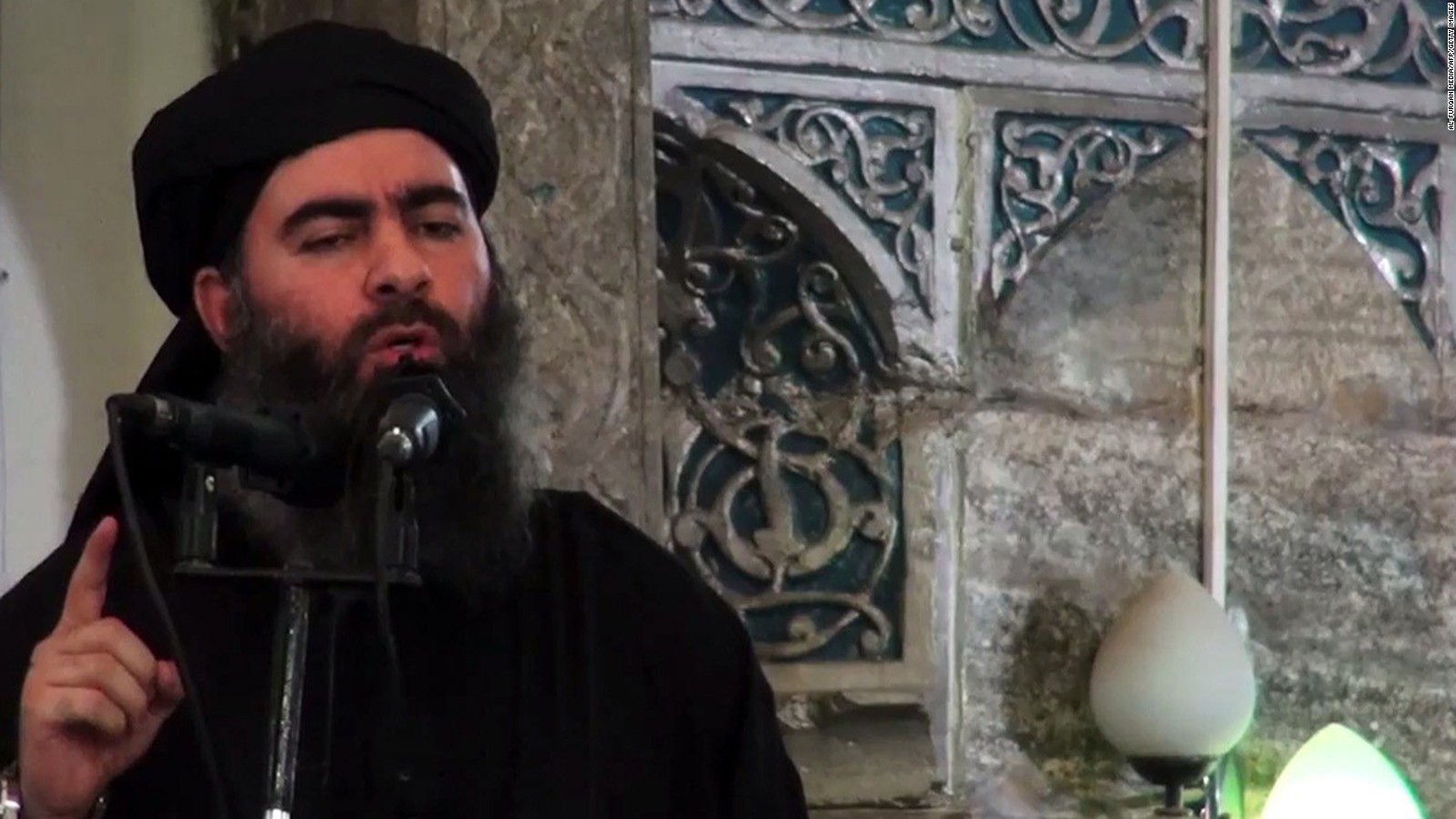
ISIS leader Abu Bakr al-Baghdadi.
(CNN)-ISIS has executed 3,895 people, more than half of them civilians, since announcing the establishment of a "caliphate state" in June 2014, the UK-based Syrian Observatory for Human Rights said Friday.
Of the 2,114 civilians killed, 78 were children and 116 were women, the SORH said in a press release. Civilians were killed by firing squad, beheaded, stoned, thrown off high buildings or burned, SOHR said.
The
other people executed included fighters for the Syrian regime,
militiamen loyal to the regime and rebel groups like al-Qaeda in Levant,
SOHR said.
CNN could not independently verify the information from SOHR. Its website says SOHR is a nonprofit group not connected to any political body or nation.
ISIS
even executed 422 of its own members for offenses such as trying to
defect, spying for foreign counties and acts of "extremism" against
Islam, such as ascribing divine characteristics to Islamic figures or
another person, SOHR said.
SOHR
said people were killed for apostasy, cursing Allah, adultery,
espionage, being a member of the national defense, contacting the
Al-Nusra Front and homosexuality. A woman was killed for escaping from
her husband.
Civilians were massacred
in several places: 939 Arab Sunni civilians were killed in the eastern
countryside of Deir Ezzor; 223 Kurdish civilians were killed in Kobani
and the nearby village of Barkh Botan; and 46 were killed in the village
of Al-Mab'oujeh.
During the period of
December 29 to January 29, ISIS killed 188 people, including 113
civilians, the release said. Sixty-four were Syrian regime forces or
militiamen loyal to the regime, the release said.
The
extremist group announced the establishment of a "caliphate," an
Islamic state stretching across the western and northern Iraq, in June
2014.
The leader of the caliphate is Ibrahim Awwad Ibrahim Ali al-Badri al Samarrai, more commonly known as Abu Bakr al-Baghdadi.
